A disturbing 16-20 per cent drop rate per course!
As of 2018, over 1,200 cadets of the premier tri-services college, the National defence academy have quit, in the middle of their three-year training curriculum in the past ten years. The average washout rate of cadets is at an alarming 16 to 20 per cent of the overall course intake. Both former cadets and several alumni of the elite military institution have cited ragda (a concept which some of those interviewed for this article have constituted to ragging), corporal punishment and unsanctioned training practices. Other key reasons for such a staggering drop out rate have been a lack of physical fitness on the part of cadets, being boarded out on medical grounds, indiscipline, homesickness and, on certain instances realising that the reality of serving in the forces is not the same as they had envisioned.
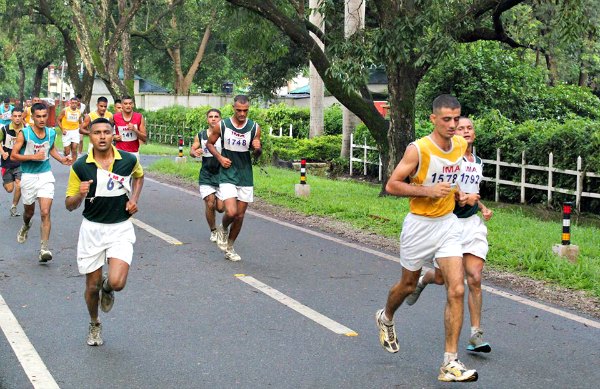
Ragda, being a key factor for the staggeringly high dropout rate, has been hotly debated amongst Ex-NDA’s
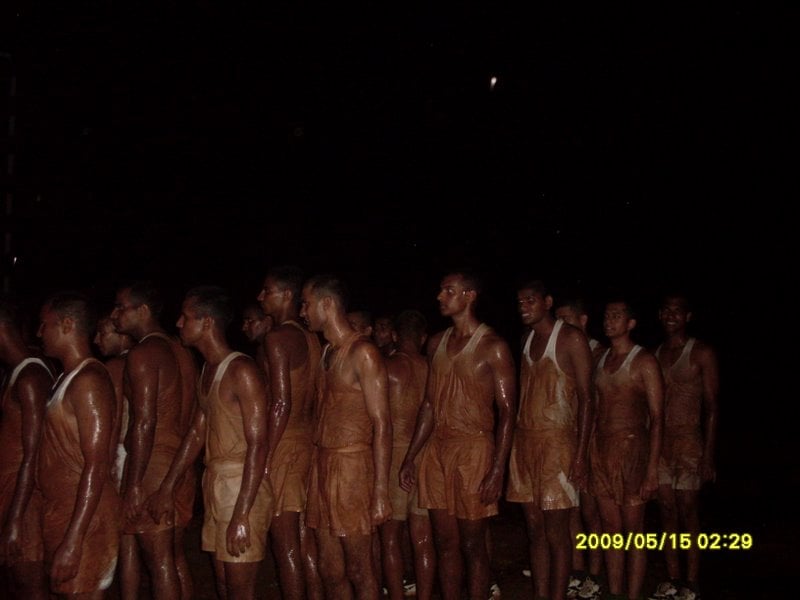
The verdict on whether such use of punishment is justified has been hotly debated within military circles and among ex-NDA’s themselves.
In a report by outlook magazine, retired Colonel PK Royal Mehrishi, an NDA alumnus, told the Asia Times that the fifth and sixth term cadets ordered the first and second term cadets to roll down the staircase of three-story buildings, vault over wooden horses, do backflips, handsprings among a host of other activities without the supervision of a qualified instructor. The report quoted the retired Colonel saying that “Senior cadets believe they’re toughening them for war or better performance in the hard-fought inter squadron competitions.”
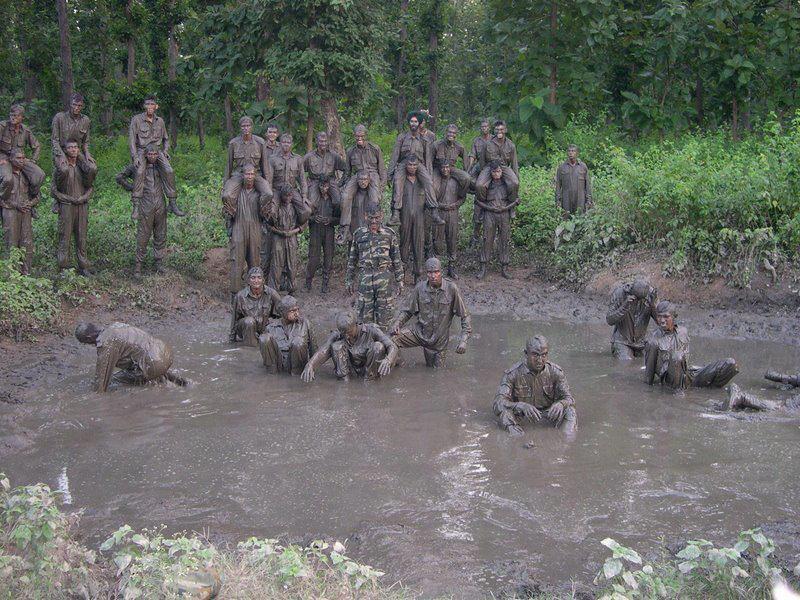
This belief has been echoed by several service personnel who have reached great heights in their military careers. Distinguished officers with exceptional operational records have sworn by these methods, despite being on the receiving end of ragda themselves. Defence services officers have over the years have provided compelling arguments justifying the military necessity of such informal punishments. According to a retired army officer who does not wish to be identified, “The Army wants to make you tough, more mentally than physically. Ragda is there to make you know your physical and mental limits and then cross the same.” The operative phrase in training is “Jitna ragda utna tagda!” meaning “the harder the punishment the tougher you get!”
“Jitna ragda utna tagda” But what is ragda?
‘Ragda’ the according to a Quora post by Kiran Raul, who is a battle-hardened infantry officer, has described ragda with a pinch of crude humour, writing, “Ragda in a physical sense or practical sense means you are going to spend the next few hours, depending on the severity of your misdemeanour, or outrage felt by the executor of the ragda, is doing a lot of funny but painful or tiring actions, including but not limited to rolling with or without a shirt on your back, on surfaces ranging from a cement floor, gravel to hot tarmac.”
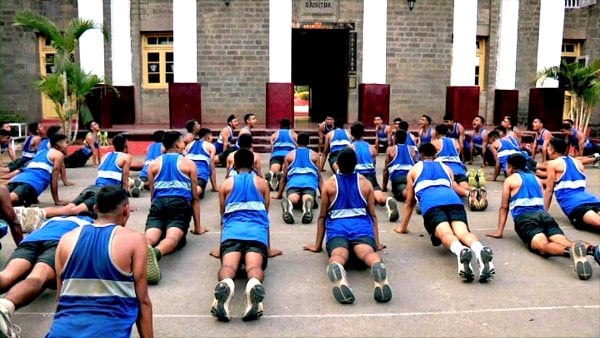
He goes on further describing ragda as “A lot of push-ups, carrying around your heaviest coursemate on your shoulders, running a lot under the hot sun, drinking a lot of water until you puke, if you don’t puke easily, a front roll and a back roll will help speed that up.”
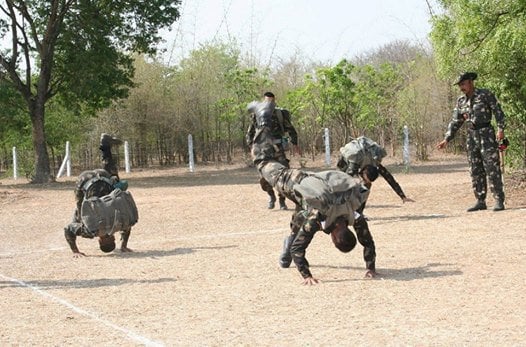
The retired infantry officer goes on to split the anatomy of the vaguely defined military training terminology, writing “crawling on gravel roads and any other hard surface that hurt, standing for a long time carrying weights, pouring buckets of water on your head on a cold winter night.” The aforementioned he explains is only the “tip of the iceberg,” Raul writes rather humorously.
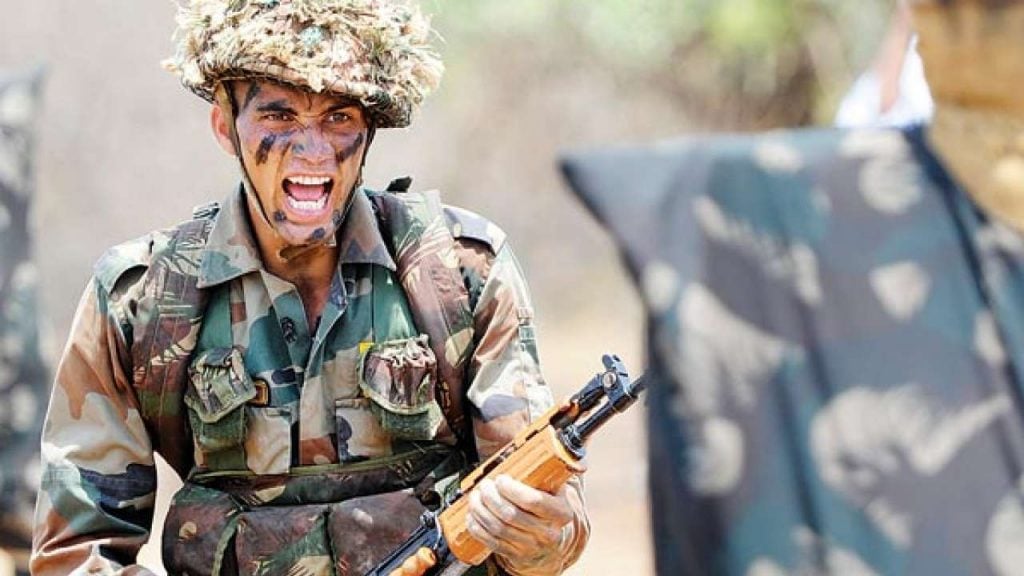
“The procedures are only limited by the imagination.” From green chillies being fed to cadets found sleeping in class to backbreaking exercise after which you will be unable to sleep, everything that is not a part of the formal training curriculum is included in ragda. Raul further writes in his post that “Some innovative, enterprising and sincere candidates have honed ragda into an art form!”
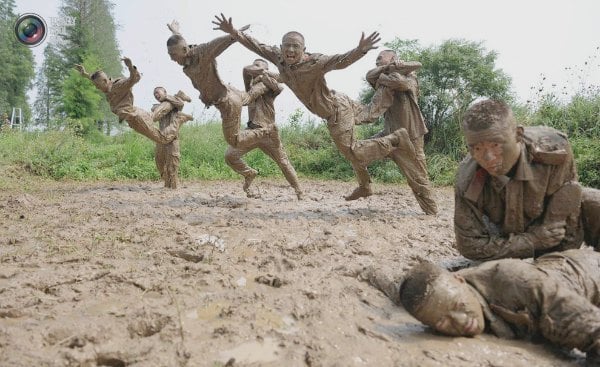
Many Ex-Servicemen have stood by the effectiveness of ragda, in forging a cadet into a warrior
The officer in question and a dozen other officers who were interviewed for the background of this article have staunchly advocated the effectiveness of ragda, and now fondly recollect their own experiences. These officers maintain that soldiering is not an ordinary job and there is no civilian equivalent. Soldiers are required to operate in some of the most barbaric, amoral and geographically austere environments in the country. These deployments often involve serving in sub-zero temperatures or in the scorching hot deserts of Rajasthan.
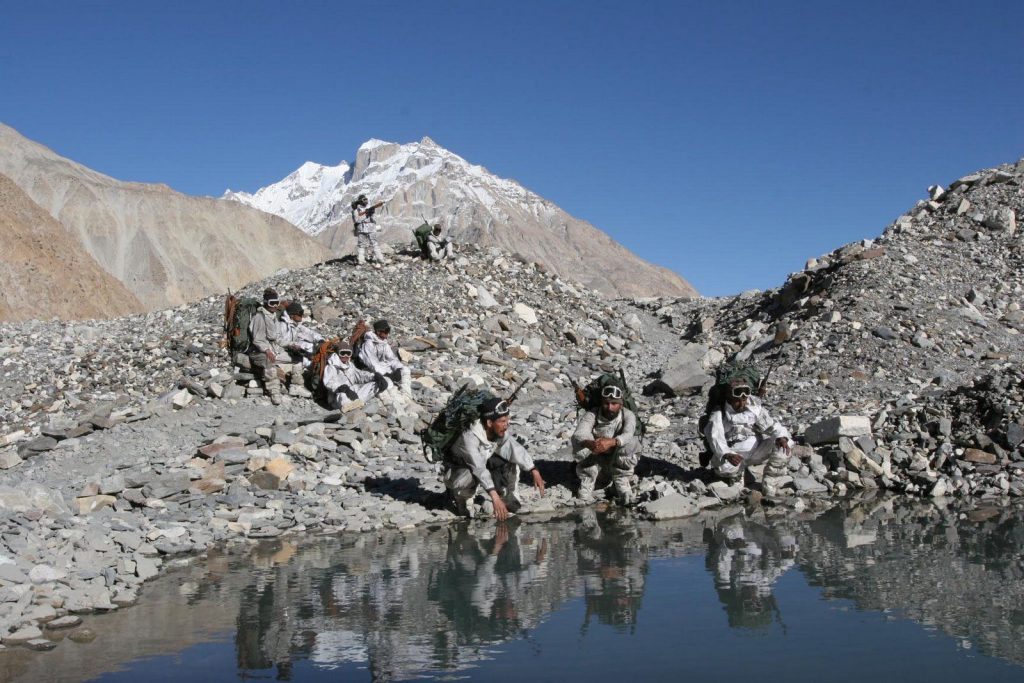
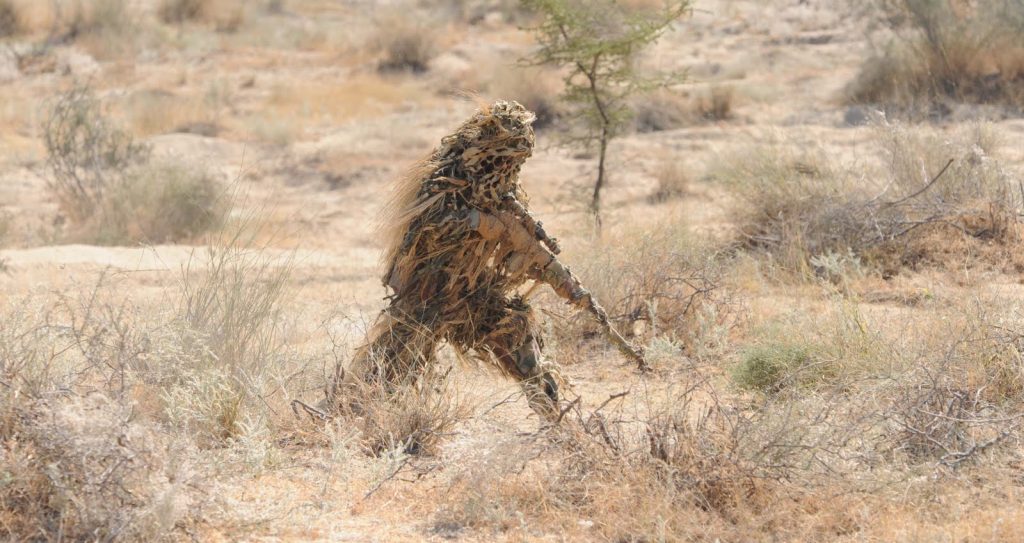
The punishing geography coupled with the thought of ones own mortality is enough to break the will of even the most resilient men and women. Ragda ensures that only the toughest make through the ranks. If they cannot hack it, they certainly will not survive combat. Even many cadets share the same belief, with one cadet who does not wish to be identified saying “Ragda gives you spontaneous pain, but the ustaads are preparing you for a bright future, where you can face the enemy!”
However not all advocate it, the practice has faced stiff opposition
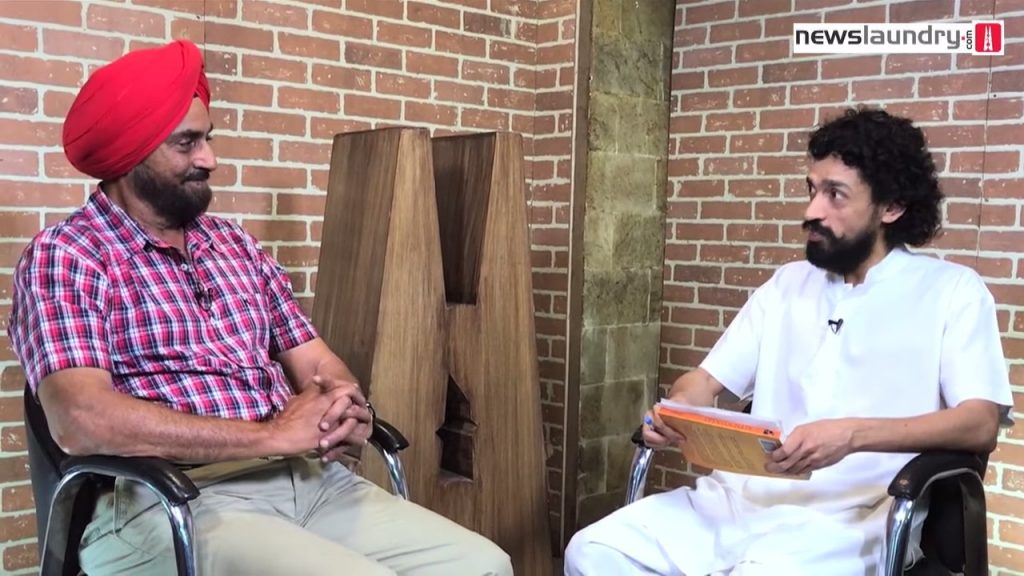
Lieutenant General Harcharanjit Panag (PVSM, AVSM) who has served as the General officer commanding-in-Chief of both the Indian Army’s Northern Command and Central Command, has strongly opposed the practice in an opinion piece published for The Print. In the article, he wrote, “The defence academy is in desperate need for reforms. The issue is relative as in matters of leadership, good is not good enough!” The general in an explosive comment declared that “The executive, administration and instructional staff in the NDA are selected from the armed forces on the basis of a flawed and inflated approval system, instead of their aptitude. The first available and not the best.” General Panag highlights that “there is a tendency among the young officer instructors, themselves groomed by the flawed leadership development at the NDA, to replicate their own experience with respect to their cadets.” The flag officer elaborates that “This not only condones and encourages the unethical ragging and illegal punishments but also scuttles reforms attempted by the system.”
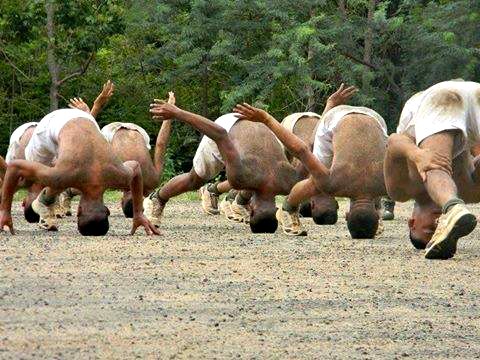
The general is of the opinion that there is a colonial mindset, not fit for 21st-century warfare. “The leadership development programme is inspired by the outdated traditional military culture of breaking the will through subjugation to ensure discipline, uniformity and adherence,” says General Panag The general further explains that “A large part of this is done in barracks by senior cadets who are products of the same flawed system.” The methods employed according to General Panag are unjust and illegal “Bullying and illegal ways of punishment and other forms of punishments amounting to physical abuse are rampant, junior officer instructors become complicit in upholding the flawed tradition.” He goes on to explain his understanding of the NDA culture saying the “ends justify the means” further stating “survival of the fittest” beg, borrow steal” “never volunteer” and “never snitch” is a deeply entrenched part of barrack culture. “Individual Creativity and initiative are considered taboo!”
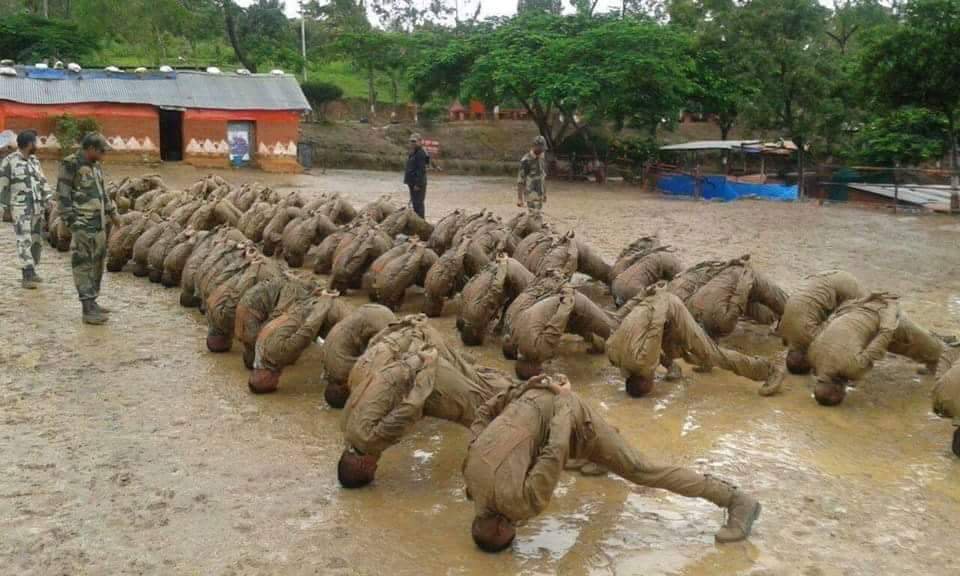
The former Army Commander recommends that “The NDA should be producing creative leaders, driven by military ideals, but ends up producing ‘adherent under supervision leaders’ whose NDA traits remain latent and come to the fore when they get higher independent commands.”
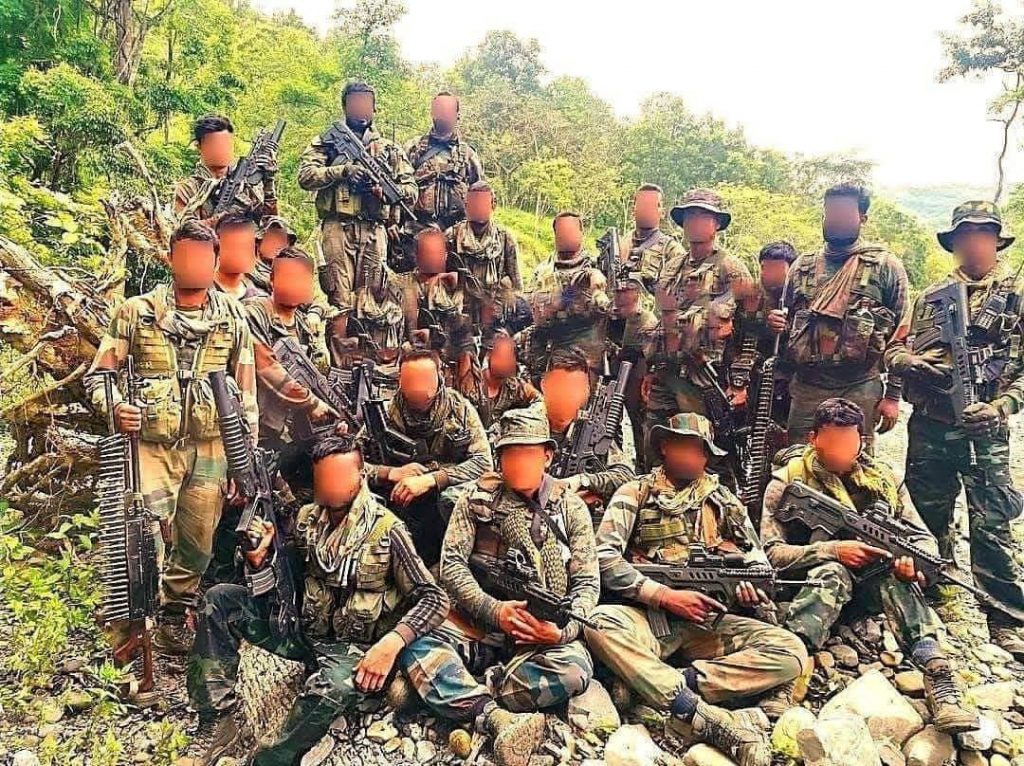
General Panag’s published remarks on the premier military institution were met with both support and harsh criticism from ex-NDAs, with retired Special Forces Major and Sena Medal awardee Siddarth Chatterjee supporting the general’s views saying, “My father is an ex-National Defence Academy, I am a proud alumnus of NDA and I entirely agree with General Panag’s views.” The special forces officer further states “outdated courses to rampant ragging, the NDA does need urgent help.” he adds to what General Panag said in great detail saying “I have experienced first hand the soul-destroying, humiliating and mental torture in the NDA.” he strongly maintains that “Nothing can justify this form of ragging and many carry life long mental trauma.” Like General Panag, the special forces major too highlights the institutionalised nature of the problem saying “Many squadron commanders and divisional officers encouraged this practice.” “The pass it on syndrome!” he calls it.
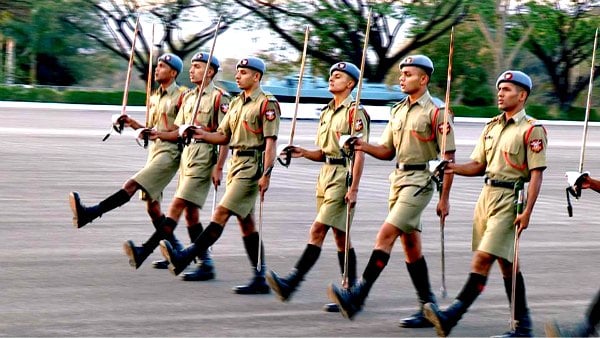
Speaking on the foundation of faulty leadership the ex-commando says “The NDA robs an individual of initiatives and creativity. It epitomises the Armed Forces as it persists in the prevalence of authoritative type, fawning to superiors and often harsh and uncaring to juniors.” he concludes with the statement that “The NDA is no exception and out of touch with modern-day trends.”
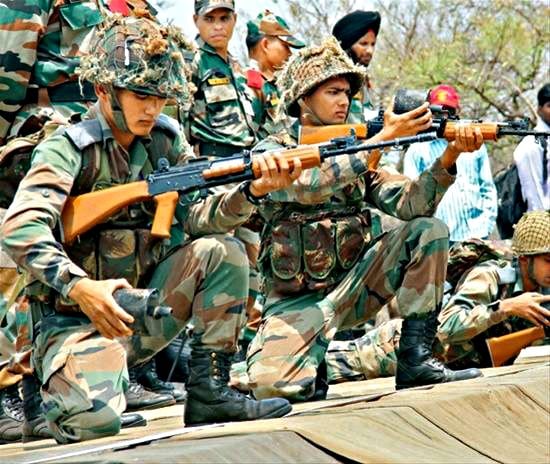
However not all agree with the above viewpoints, and many servicemen have condemned General Panag’s remarks about the institution. Karamjeet (Name changed for an undisclosed reason) an ex-serviceman, countered the general’s remark about barrack culture saying, “If someone has been found to be doing something wrong, the system takes action. People are punished or counselled.” he adds that “The NDA teaches courage, some gems from my course and many other courses have been martyred doing their duty, the way various academy’s taught.” He asked the general to compare the members of the services taking part in such nefarious practices to the ratio of those doing an honest day’s work. Lieutenant Colonel Bharat Gupta says, “Only the brave, determined and war-hardened survive, as per the law of survival of the fittest.” The retired Lt.Col goes on to defend the academy saying, “The NDA is meant to produce such fauladi leaders and not sissies! People who will brave it out in any circumstance and yet lead men into the extremest dangers knowing fully about the consequences.”
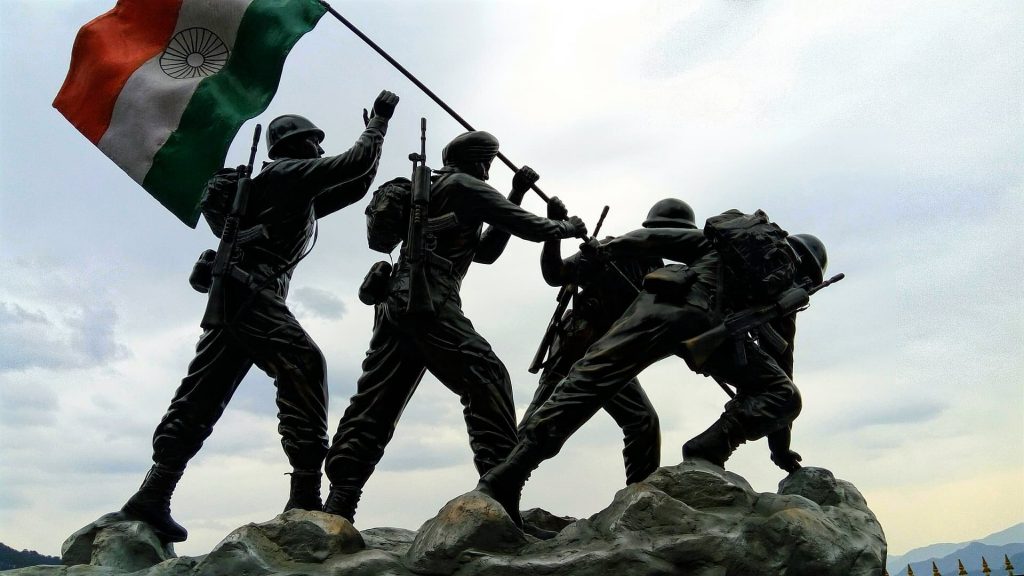
A lot of service members were critical of the General for not pushing reforms, during his 40 years in uniform and, have questioned why he is writing such articles once he is out of uniform.
A Cradle Of Military Leadership!
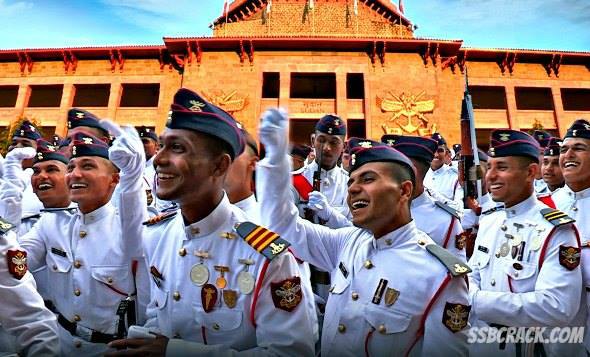
Despite the increasing drop out rate of NDA cadets and long-standing debates of large-scale reforms in the tri-services institution, its training curriculum, civilian staff and unofficial practices. One thing beyond debate is the fact that the National Defence Academy has given the country some of its finest military leaders, living up to its reputation as a cradle of military leadership.

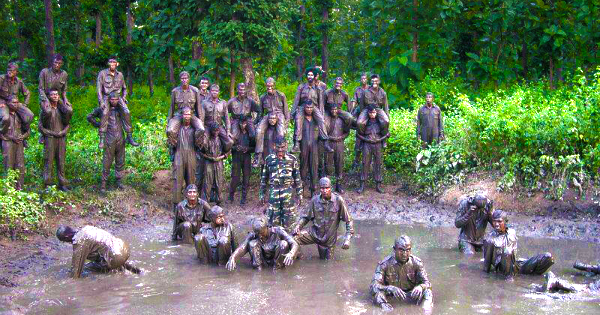

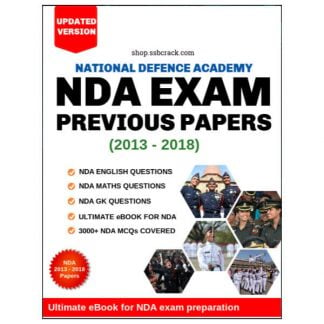






One institution which produces leaders of quality….. Plse just leave it alone.